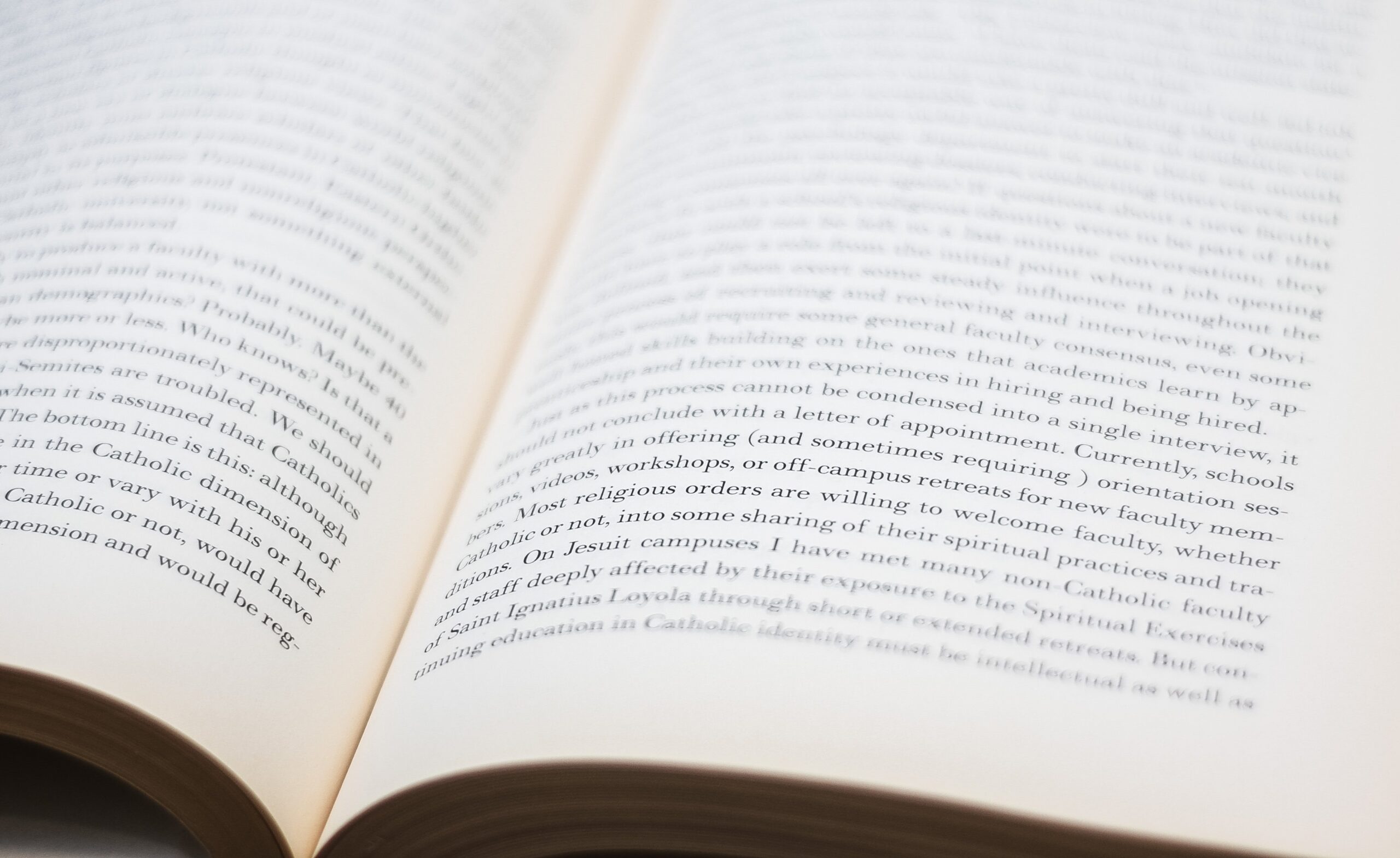Introduction
What if the key to financial success isn’t found in spreadsheets or stock tips—but in how you think, feel, and behave around money? In The Psychology of Money, Morgan Housel delivers a groundbreaking perspective: managing money well is less about intelligence and more about emotion, mindset, and life experience. If you’ve ever made a money decision you regretted—or avoided making one altogether—this book will feel like a mirror, a mentor, and a map.
Core Concepts
Unlike traditional finance books that focus on tactics, The Psychology of Money explores the messy, human side of wealth. Through 19 short, sharp chapters, Housel breaks down how luck, risk, ego, fear, and behavior influence our financial lives. He shows why people with vastly different incomes can feel equally secure—or equally broke. He explains why saving is more important than investing acumen, and why avoiding stupidity often trumps chasing brilliance.
Why This Book Stands Out
This isn’t just another money manual. It’s a psychology primer for your wallet. You’ll learn:
- Why “doing well with money has little to do with how smart you are”
- How your personal history shapes your financial worldview—and limits
- The dangers of comparing your path to someone else’s highlight reel
- Why patience and humility are more powerful than market predictions
Housel doesn’t lecture—he reflects. He offers lessons without judgment, helping you rewrite your inner money script.
Real-Life Impact
Entrepreneurs, investors, minimalists, and everyday readers alike have praised this book as “life-changing.” Many say it helped them stop chasing what others define as success, and start designing a financial life aligned with their own values. It’s not just about being rich—it’s about being calm, free, and intentional.
Writing Style and Accessibility
Housel writes with elegance, clarity, and empathy. He avoids jargon and favors stories—of billionaires and janitors alike—that illustrate timeless truths. The chapters are brief and digestible, but the ideas linger long after. It’s the rare finance book that makes you feel both smarter and understood.
Critical Reception
The Psychology of Money has become a modern classic, with over 4 million copies sold and translation into dozens of languages. It consistently tops personal finance bestseller lists and earns praise from financial experts and beginners alike. It’s been described as “the only money book you’ll ever need”—not because it tells you everything, but because it helps you think differently about everything.
Why You Should Read It Now
If you’re feeling anxious about your finances, unsure about your future, or simply tired of the hustle culture of “more,” this book is your antidote. In a world obsessed with numbers, The Psychology of Money teaches you to focus on what truly matters: your peace, your plan, and your personal definition of wealth.
Conclusion
Money doesn’t come with instructions—but this book comes close. The Psychology of Money is a must-read for anyone who wants to stop feeling confused, guilty, or overwhelmed by money, and start feeling calm, clear, and confident. This isn’t about formulas—it’s about freedom. And it begins by understanding the most powerful financial tool you have: your mind.
If you’ve ever felt guilty after a purchase, scared during a market drop, or confused about what wealth really means—this book isn’t just helpful. It’s necessary.
👉 If you’ve ever wondered why you handle money the way you do—start reading The Psychology of Money today.
👉 Join millions who’ve transformed their financial mindset—discover the real secret to wealth.

